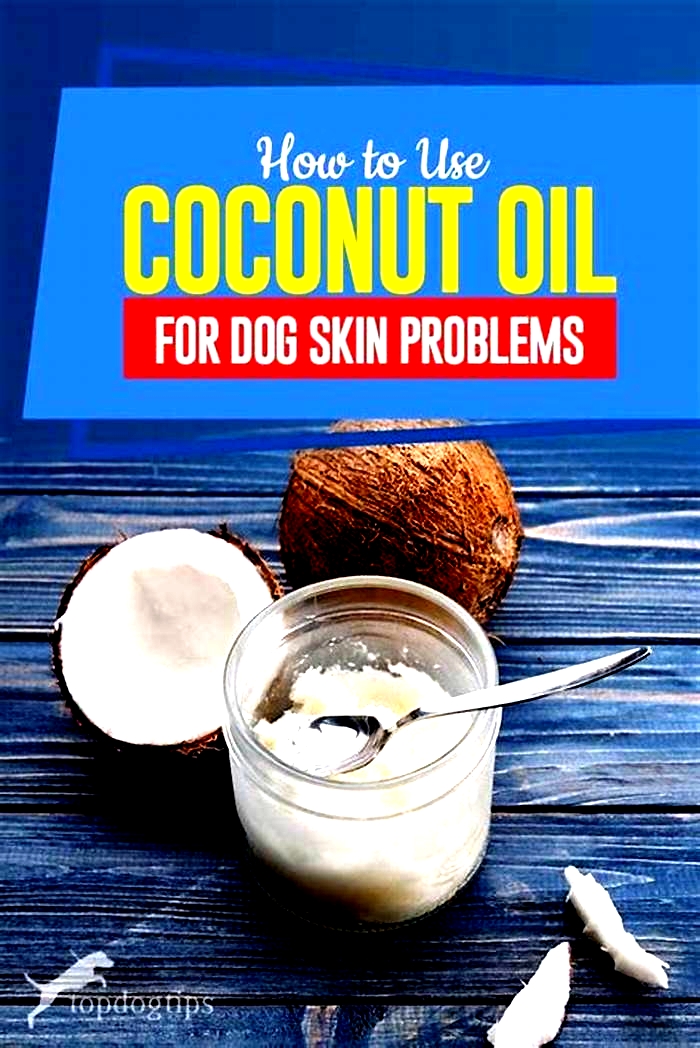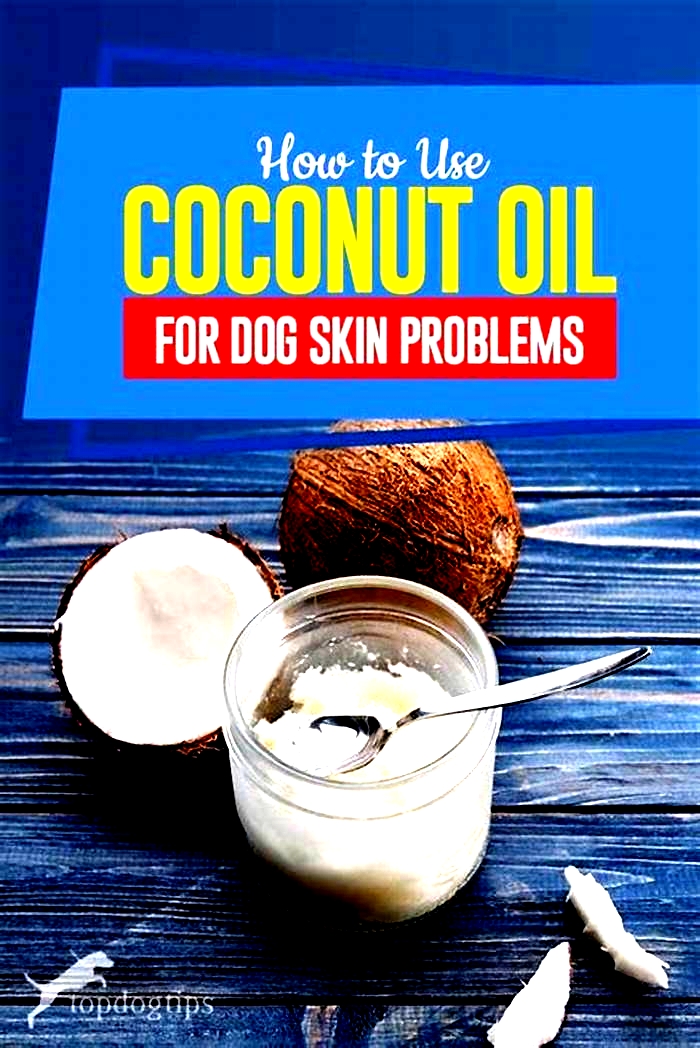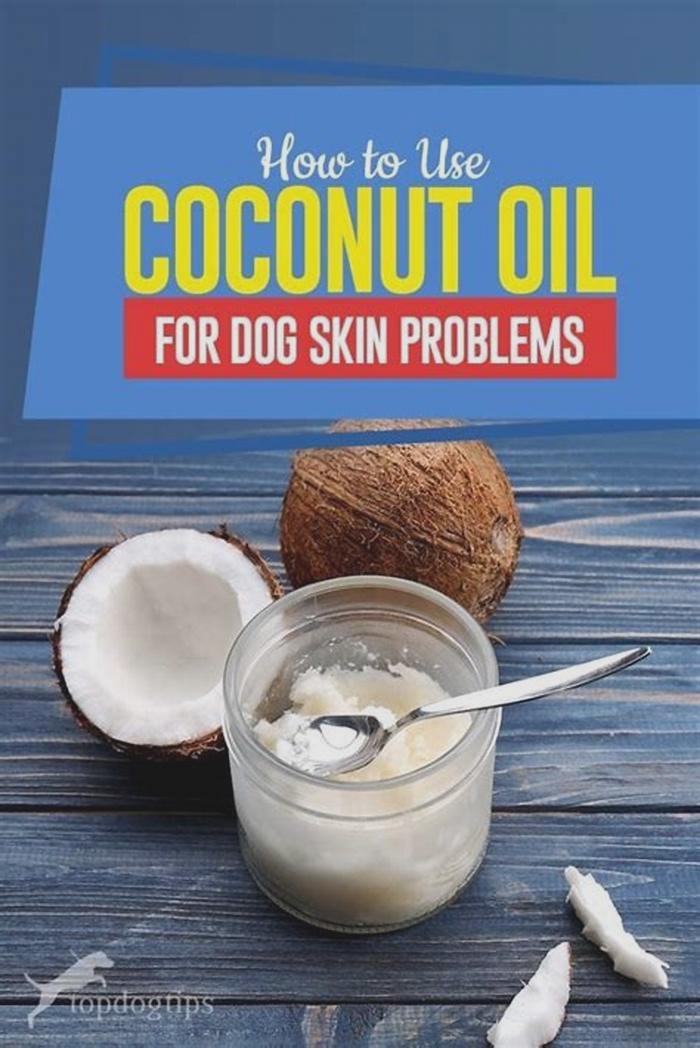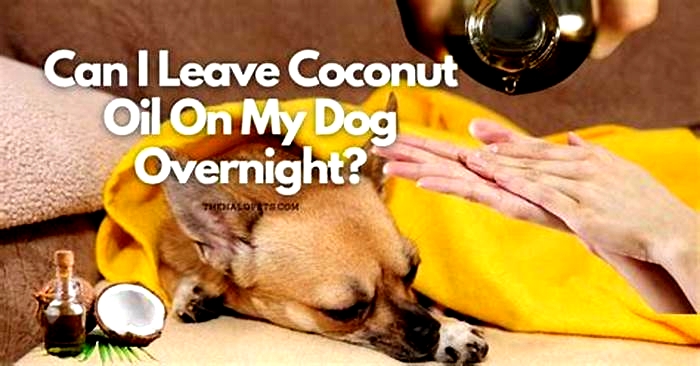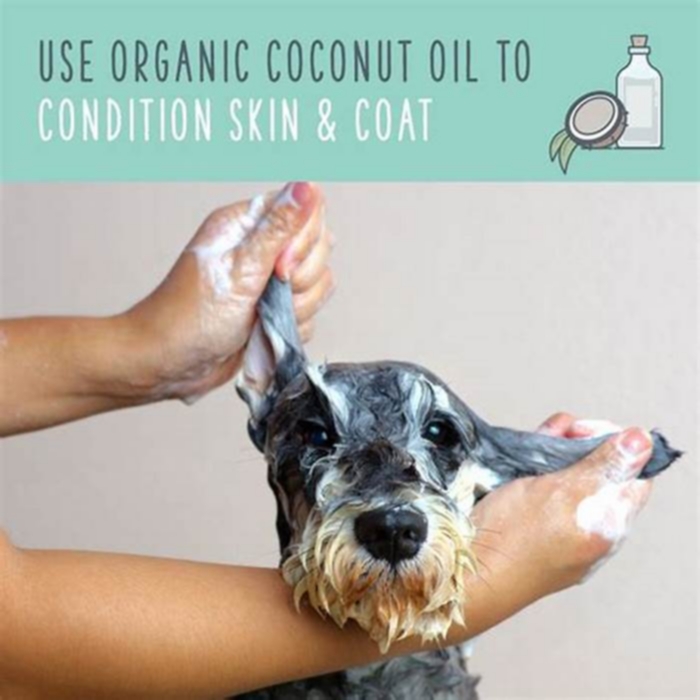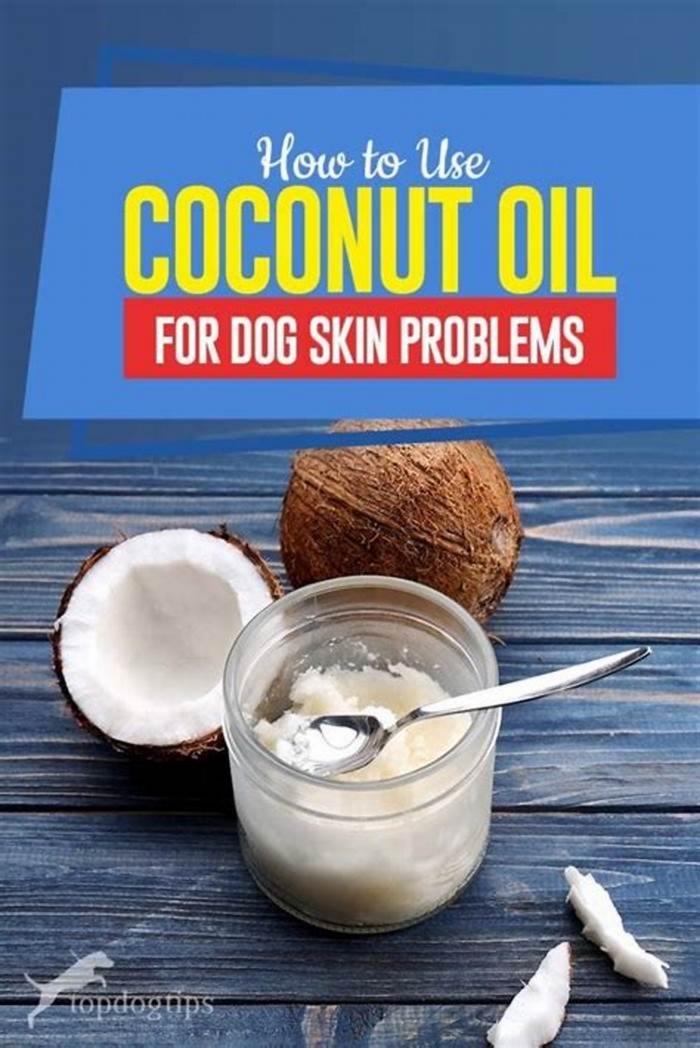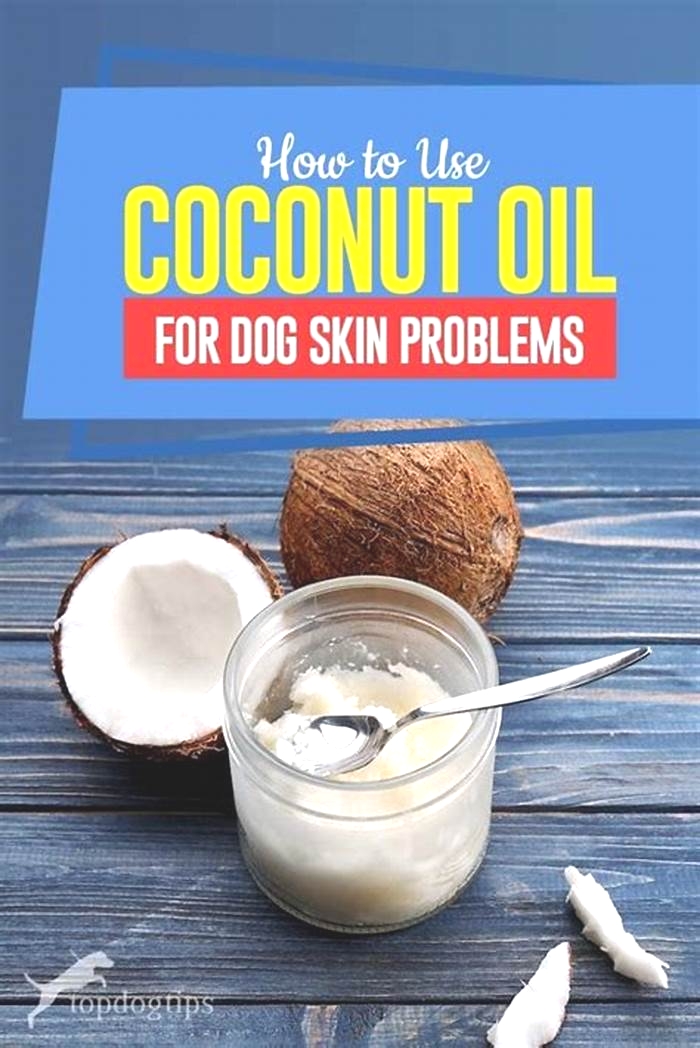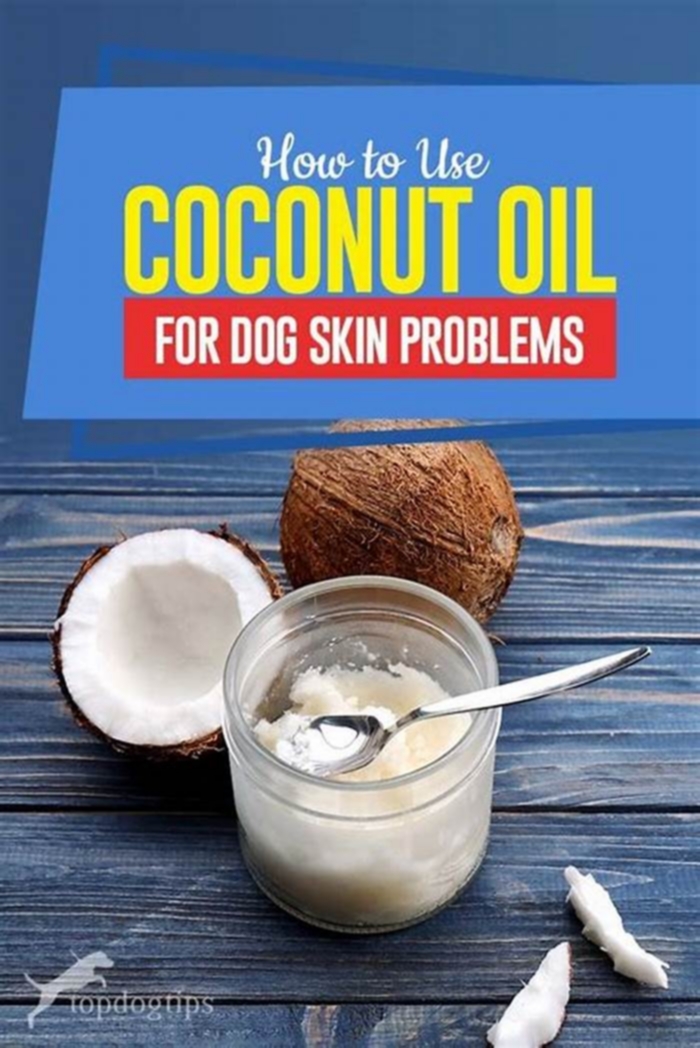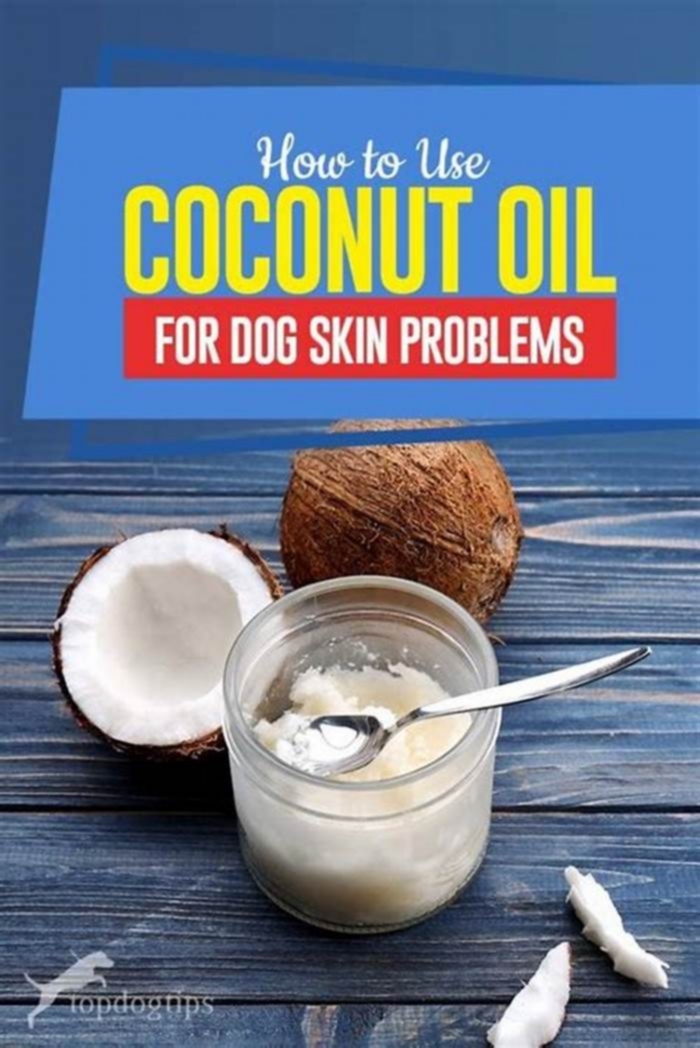What happens if you leave coconut oil on your dog s skin
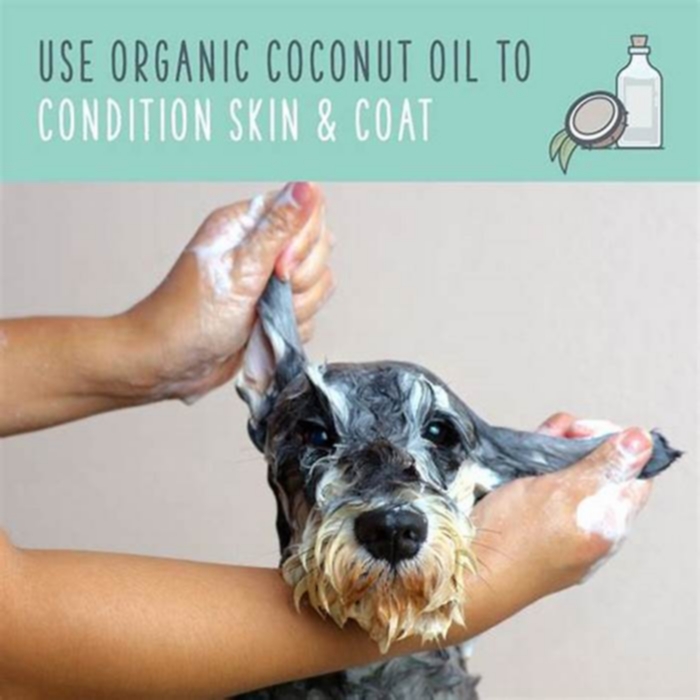
Do I Have To Rinse Coconut Oil Off My Dog? 5 Answers
Coconut oil has majestic powers that can heal your dogs skin.
It can also aid in your dogs shedding problem.
Now, using it topically is easy
But theres one question that many seem to ask
When you use it, do you have to rinse the coconut oil off your dog?
Continue reading to discover:
- If you can leave coconut oil on your dog overnight.
- What can happen if you leave coconut oil on your dog.
- Whats the best coconut oil to use on your dog (and where to buy it).
- And many more
Do I have to rinse coconut oil off my dog?
You have to rinse coconut oil off your dog. If you dont, itll make your dog greasy, and they become more prone to getting dirty. It can also clog their pores. So, you must rinse it after letting the oil sit for 5 minutes. You can also use shampoo with organic coconut oil for even better results.
What happens if I leave coconut oil on my dog?
If you leave coconut oil on your dog, the grease might make them dirty.
Thats because coconut oil is a substance filled with moisture.
According to research, its moisturizing properties help aid humans with xerosis. Its a condition where youll experience chronic dryness of the skin.
And although focused on humans, vets assure dog parents that it has the same effects on canines.
Coconut oil is also used as a home remedy for a dogs shedding problem.
However, the amount of moisture it has can be a real culprit in making your dog greasy
Then, that greasiness makes your dog sticky.
So, if your pooch wanders around with coconut oil in their coat
Uh-oh
You can expect dirt to stick to them easily.
Afraid that your dog might try to lick the oil off?
Sometimes, dog parents ask if they need to rinse the oil off because of this:
Some are worried about what will happen if their dog tries to lick the oil off.
What will indeed be the consequence for such?
The answer is
None!
Let me assure you that coconut oil is edible for dogs.
In fact, vets from PetMD say that giving it to your pooch can help improve their digestion.
Thats why you can add coconut oil to your dogs food once or twice a day. Heres exactly how much:
| Size of the dog | Daily coconut oil intake |
| Small | 1/4 teaspoon to 1 teaspoon daily0.04 oz (1 mL) to 0.17 oz (5 mL) |
| Large | 1 tablespoon0.5 oz (15 mL) |
With that, you wont have to worry about poisoning if they lick it from their coat.
However, this still doesnt mean that you can leave the oil and not rinse it.
Thats because
Oiliness might lead to dandruff
In dogs, theres this condition called seborrheic dermatitis.
According to VCA Hospitals, its a skin disorder where the skin produces too much sebum.
Whats that?
Its just another word for oil.
Now, your dog wont develop that condition when you dont rinse off the oil in them. Thats because this condition manifests on its own.
So, I present this disorder as it leads to the same consequence
Not rinsing your dog after putting coconut oil in them can lead to them getting dandruff.
With that, instead of the oil making their coat and skin healthy
Oh, no
The opposite happens, and your dog develops a skin problem.
Moreover, those issues cause your dog to constantly scratch and bite themselves. With that, more harm is done to your canines skin.
Continue reading: Does Coconut Oil Really Help With Dog Shedding? The Truth
How long can I leave coconut oil on my dog?
You can leave coconut oil in your dog for no more than 5 minutes.
To elaborate, lets first go a few steps back
Let me start by discussing how to apply it to your pooch.
Now, begin by rubbing a reasonable amount, at least a teaspoon, of coconut oil onto your hands.
Then, lightly dab your dogs coat with oil and run your fingers through their fur.
Once youve covered enough area, massage the leftover oil on their skin.
After that, the waiting begins
And while you do, dont distress about your pooch trying to lick it off. As I said, coconut oil is edible for dogs.
When the 5-minute mark hits, its time to rinse your pooch.
In doing so, you can clean them with just water.
However, if they still feel greasy, following up with a light shampoo wont be a problem.
Moreover, itll be better if the shampoo you use is made with organic coconut oil.
Can I leave coconut oil on my dog overnight?
You can leave coconut oil on your dog overnight, but its advised not to. You still must rinse the oil off the next day if you do.
First of all, its a good habit to put coconut oil on your dogs coat.
Now, some dog parents practice leaving it on their dogs overnight.
But let me tell you, doing so is only fine when you rinse it off your pooch the next day.
How so?
Sure, it has many benefits. Overall, coconut oil can promote healthy skin on your pooch
However, not practicing moderation can take those benefits away.
So, say you let your dog be with coconut oil on their coat. They went to sleep covered in this majestic grease
Then, you reapply this oil to them before their bedtime. And you keep doing so on a daily basis.
With that, theyre going to be greasy all the time. Theyll stick more dirt to their fur and will stain your furniture.
But most of all, coconut oil might accumulate on your dogs coat.
That poses the biggest risk here.
How?
Such can get your canines pores clogged up with the oil. Moreover, this is highly possible for dogs who have sensitive skin.
Now, when that happens, many harmful skin conditions might follow.
So, avoid leaving coconut oil in your dog overnight. And again, if you do, rinse it immediately in the morning.
How to remove coconut oil from dog fur?
To remove coconut oil from dog fur, you must rinse them.
Water alone can do the job done. And while rinsing them, you can massage your pups fur.
If you feel that theyre still too greasy, you can use a small amount of light shampoo.
As I said, for better results, you can use a dog shampoo with organic coconut oil.
Bonus: Where to buy coconut oil for my dog?
You can buy coconut oil for your dog in numerous grocery stores.
In purchasing one, you dont have to worry about finding something that says for dogs.
Anything organic and chemical-free will do.
But, do you want the finest one for your canine?
Then, you must purchase virgin coconut oil (VCO) for your dog.
Its the best kind that you can use.
Why?
Thats because its the least processed of all kinds of coconut oil. Then, its also the most-studied type
With that, many benefits of coconut oil are mostly based on VCO.
Take it from this research:
Its conclusion tells us that VCO is abundant in this substance called antioxidants.
That substance helps to slow or stop the damaging of cells.
Such a property can contribute to your dogs journey to a fuller coat and healthier skin.
So, heres a recommendation for a tub or organic virgin coconut oil.
Coconut Oil for Dogs: Is it Really Good for Them?
Coconut oil has become a popular supplement for people. In humans, some evidence suggests that consuming coconut oil in limited amounts may offer possible benefits, including boosting the immune system, aiding in weight loss, acting as an anti-inflammatory and antifungal agent, and improving cognitive skills in patients with Alzheimers disease. Today, many experts debate how helpful eating coconut oil may actually be for people.
But pet owners are asking can coconut oil be beneficial to dogs? The answer is maybe. But that doesnt mean you should immediately feed your pet coconut oil or apply it to their skin. Heres what you need to know about coconut oil and dogs.
Science Behind Coconut Oil
Coconut oil comes from the meat of coconuts harvested from the coconut palm tree. Coconut oil consists of at least 90% saturated fats, most of which are medium-chain triglycerides (MCTs). Besides coconut oil, MCTs are often found in palmer kernel oil, butter, yogurt, milk, and cheese.
What are MCTs? MCTs are fatty acids that can be considered good fat. When consumed in moderation, MCTS can provide several benefits, including reducing skin inflammation. MCTs also metabolize quickly and provide an immediate source of energy. MCTs in coconut oil may help battle fungi and infection, support brain health, and lower cholesterol.
Can Dogs Have Coconut Oil? Pros and Cons
Can dogs eat coconut oil? Its possible consuming some coconut oil may offer internal benefits for dogs. The main MCT in coconut oil is lauric acid. Lauric acid has antimicrobial, antifungal, and antiviral properties. Coconut oil also has amounts of capric and caprylic acids, which are known for their antifungal effects. The oil also has both polyunsaturated and monounsaturated (fatty acids that support brain health and help lower cholesterol). Some research indicates that coconut oil may be helpful in aiding canine digestion, improving brain activity and mental function, and assisting with weight loss.
But is coconut oil good for dogs? These benefits dont mean you should go out and feed your dog coconut oil without veterinary approval. There hasnt been extensive research proving that coconut oil will definitively aid in many aspects of canine health. Vets may also debate how widely applicable (or relevant) these studies results are. Furthermore, feeding your dog coconut may work against some of the same conditions coconut oil is said to cure. For example, instead of helping with digestion, the fats in coconut oil can cause upset stomachs or diarrhea in dogs.
Additionally, coconut oil doesnt meet your dogs daily fat requirements. The acids in MCTs dont have enough omega-6 and omega-3 acids, and what it does contain isnt processed very efficiently. As for claims that MCTs protect against bacteria, viruses, and fungi, while the lauric acid in MCTs does kill germs in lab tests, there is no clear evidence that it can be used in sufficient quantities to offer dogs much protection.
When Applied Topically
You may be asking, Can I put coconut oil on my dog? In fact, applying coconut oil to your dogs skin may be helpful. Coconut oil can help soothe irritated areas like hot spots or restore moisture to itchy, dry skin. If your pet has dry, cracked paws, try a DIY paw balm with coconut oil as one of the ingredients.
To add some shine to your dogs coat, try using shampoos formulated for dogs that include coconut oil as an ingredient. A moisturizing dog shampoo containing coconut oil is ideal for hydrating dry fur, while a dog conditioner with coconut oil will help soften the hair.
Can I Use Coconut Oil as a Topical Antifungal Treatment?
If you think your dog may have a fungal issue, talk to your vet immediately and follow their recommended course of treatment. While coconut oil does have antibacterial and antifungal properties, it is unclear how well this translates to canine skin disease, Dr. Linda Simon says. The vets treatment will depend on the species of fungus causing infection, how serious or widespread the infection is, and the age and health of the dog, notes Dr. Jamie Whittenburg. She explains that most mild to moderate fungal infections can be treated topically with a combination of shampoos and creams.
If your dog has a musty smell or greasy skin (resulting from an overgrowth of yeast), your vet may recommend using a medicated wash. For severe or widespread fungal infections, especially in dogs with immune system dysfunction, your vet may prescribe oral medications. These medications can cause liver issues, so serial blood work should be performed to monitor the pets health, Dr. Whittenburg adds.
Your vet may recommend coconut oil as part of a skin supplement regime to strengthen the skin barrier and reduce itchiness or dry skin, according to Dr. Simon. Dr. Whittenburg adds, In most cases, theres no harm in utilizing topical coconut oil on a dog. However, it is messy, can clog pores, and may cause the dog to lick the affected area more, leading to increased pain, inflammation, and infection.
How Can I Safely Give Coconut Oil to My Dog?
Before applying coconut oil topically or giving your dog some to eat, discuss these options with your vet. If they approve of you giving coconut oil to your pet, choose unrefined coconut oil, also called virgin coconut oil. Better yet, look for cold-pressed oil, which uses a method to preserve nutrients.
If youre feeding it to your dog, be aware that oils have different smells and tastes. Some have a bold coconut taste, while others are bland. Some are buttery and smooth, while others are nutty. You may have to experiment a bit to find one your dog likes. Alternatively, your vet may recommend trying coconut oil skin and coat supplements designed specifically for dogs.
If you do put a small amount of coconut oil on your dog and they lick it off, that likely wont cause much harm. But feeding it to them can definitely lead to both weight gain and gastrointestinal disturbances, Dr. Whittenburg says. Dr. Simon agrees, explaining that long-term feeding of coconut oil can lead to obesity in dogs and even trigger pancreatitis (a potentially life-threatening condition caused by inflammation of the pancreas). In the short term, your dog may experience greasy stool or diarrhea.
To use coconut oil topically, apply it to the skin about once a week, and let it be absorbed for a few minutes. After five minutes or so, rinse your dog off. If they still feel greasy or oily to the touch, you can follow up with a light shampoo and rinse.
Because of the potential risks associated with the topical or internal use of coconut oil, Dr. Whittenburg doesnt recommend that dog owners select products specifically for their coconut oil content. In the case of hardened noses or paw pads, for example, using soothing products made with coconut oil can help soften.

